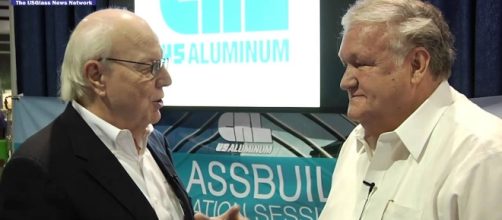When California billionaire Donald Friese sold C.R. Laurence, an industrial glazing company, in 2015 for $1.3 billion, he gave bonuses to more than 1,400 employees. These lucky workers, who have been employed for at least one year, shared among themselves $86 million.
On the average, it meant each worker got more than $60,000 each. The amount dwarfed the $9,825 bonus that Porsche Germany gave its 21,000 workers in March. However, while $60,000 is huge by today’s standards for ordinary workers, two employees got more than a windfall.
Lucky warehouse workers
Friese, who believes generous employers should give their hardworking staff more than just a thank you, singled out two longtime workers who helped run the company’s warehouses. He summoned them to his office and informed the two that C.R. Laurence was sold. As their reward for doing more than what was required of their jobs, Friese gave the two $1 million each, Time reported.
He explained that giving only a thank you for an employee who has done a good job is not sufficient. Gratitude and applause, Friese explained, would not help the workers’ children get a new house or education.
Rags-to-riches story
If Friese knows how to appreciate good work, it is because he has experienced working hard for the money as a child.
He was the third of 13 children of a York, Pennsylvania, family who was brought to an orphanage at age 5 with another brother. From age 12, he lived and worked on a dairy, hog, and vegetable farms where he toiled from early morning to late afternoon.
In 1958, he enlisted in the U.S. Army after Friese graduated from high school, according to LA Times. He trained as a missile mechanic while deployed in Okinawa and Taiwan. After three years, he left the Army and headed to the West where he got an entry-level job at C.R. Laurence that paid $2.50 an hour.
Like his two warehouse employees who did what was more than needed by their jobs, Friese learned and became an expert in vital aspects of the glazing business such as supply management, catalog assembly, and working with customers.
After a few years in the company, Bernie Harris, the owner, sold him a 10 percent stake for $10,000. After 20 years, when Harris retired, Friese owned the company.
Even if Friese sold C.R. Laurence to CRH, an Irish conglomerate, in 2015, he was persuaded to remain as the chief executive where he still works from sunup to sundown six days a week, except on Saturdays when he goes home at noon.


